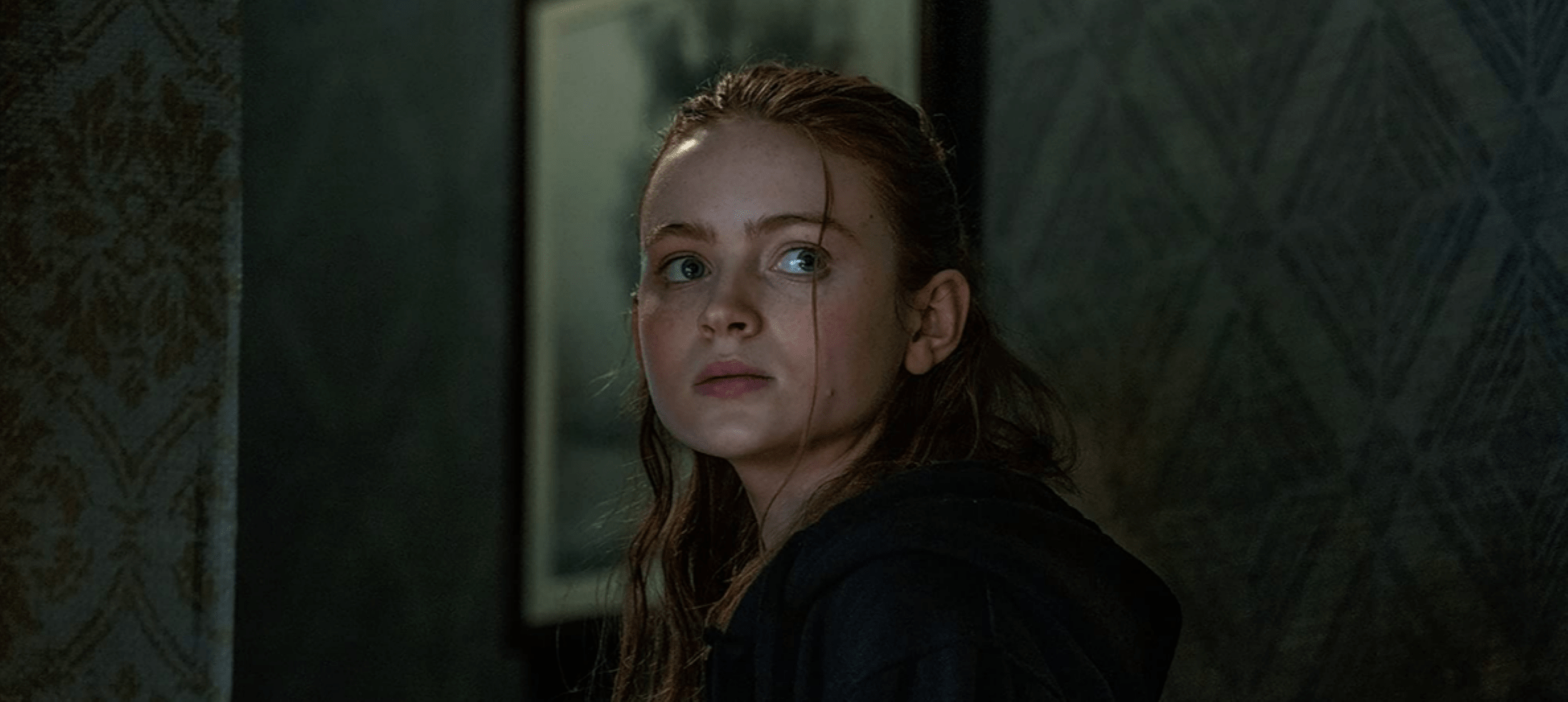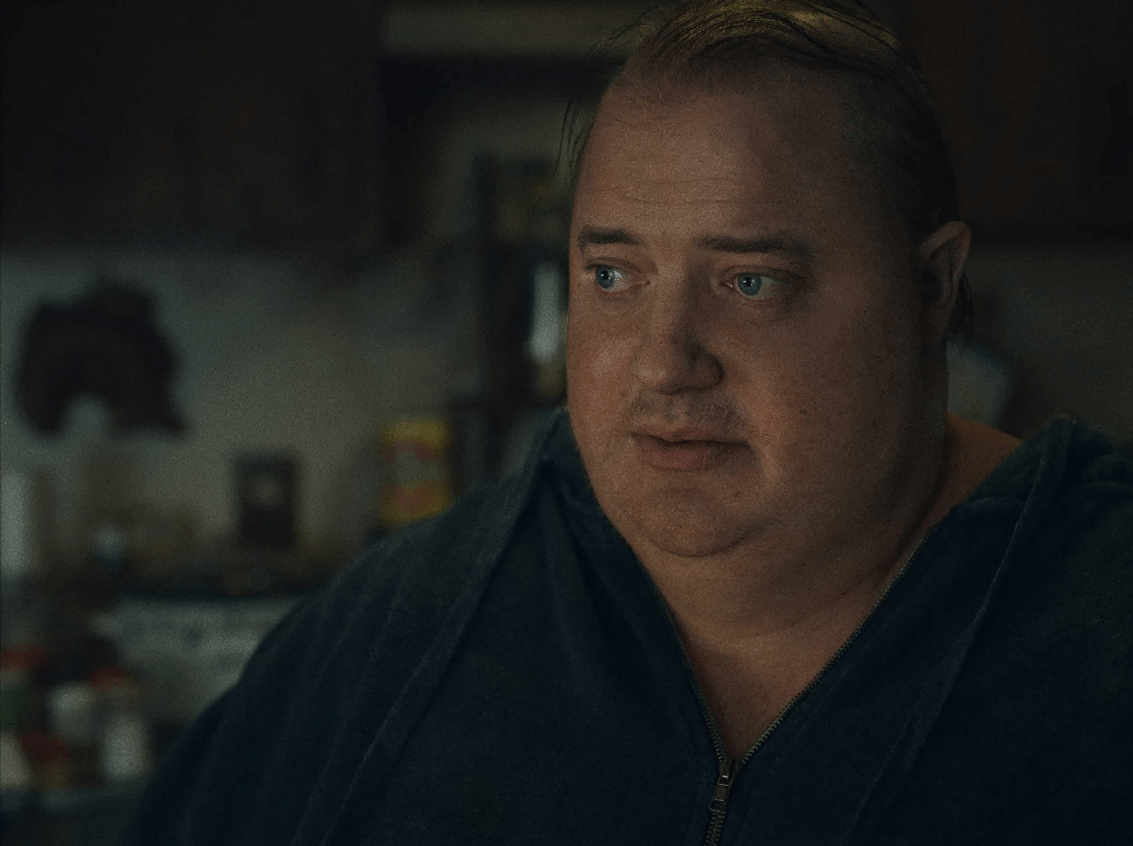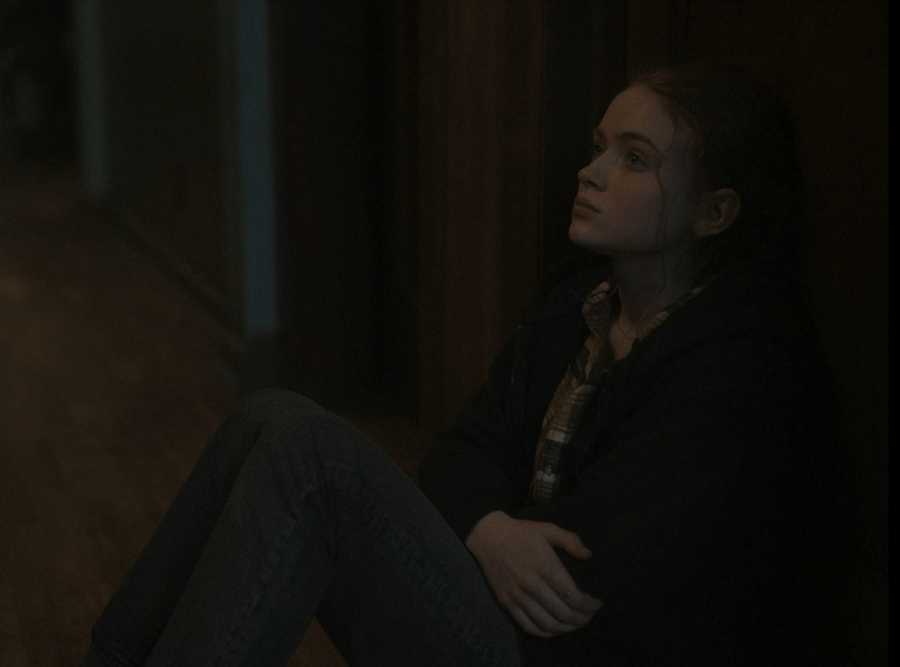
'The Whale' film review — a moving portrayal of grief
Darren Aronofsky's ‘The Whale’, a 2022 drama adapted from Samuel D. Hunter’s play of the same title, follows the story of a morbidly obese college professor, Charlie (Brendan Fraser), who eats himself to death. At a critical point in his life, Charlie attempts to reconnect with his estranged daughter, Ellie (Sadie Sink). As the film progresses, we discover the characters' traumas and the effects of loss and prejudice.

How obsessions can destroy lives
Charlie's critical condition is revealed to the audience early in the film. He is shackled to the couch, unable to escape his cramped home filled with food and books. Brendan Fraser's oscar-winning performance truly goes under the skin of his character and meticulously communicates his pain to the audience. Through ‘The Whale’, Aronofsky truly reinvents Fraser as an actor and creates a sophisticated, damaged yet positive character.
Trauma can either empower or debilitate a person. The characters in 'The Whale' are unable to address their personal wounds or find the necessary tools to deal with them. Charlie's departure from his family, for instance, has had a profound impact on his daughter, who has become withdrawn and hostile, while he has become obsessed with food.
 Brendan Fraser in The Whale (2022)
Brendan Fraser in The Whale (2022)The film effectively showcases how social roles and expectations can be unstable and unfulfilling. The characters' struggling with their pain and their consequent breakdowns of traditional family dynamics are relatable and understandable. There is no villain in this story, which adds to its authenticity. The audience can sympathise with the characters because their experiences mirror real-life situations.
The film highlights how unmet social expectations and prejudice can lead to depression and the search for alternative means of fulfillment. This often results in obsessive behavior, as individuals attempt to fill the void left by unmet expectations and broken hopes.
The detrimental role of prejudice
Charlie struggles with binge eating, brought on by the grief of losing his partner. He indulges in fast food and sweets in all harmful combinations since eating is the only source of tangible pleasure he can get. Charlie’s only visitor is his friend and caretaker Liz (Hong Chau), who partially tries to improve his medical condition, but also allows his indulging habits.
Charlie's daily routine is disrupted when an unexpected visitor arrives at his doorstep. The visitor, Thomas (Ty Simpkins) is a missionary affiliated with a local Christian organisation, who offers to help Charlie find God and attain salvation through faith. As the film unfolds, the characters' stories reveal the anguish and trauma inflicted upon their lives by this organisation.
 Brendan Fraser in The Whale (2022)
Brendan Fraser in The Whale (2022)Through these personal stories, ‘The Whale’ reflects on the dangers of religious fanaticism, which can wreak havoc in the name of God, morality, and values. Charlie, who is gay, later opens up about his own struggles and the audience learns of the religious prejudice he and his partner were subjected to and which contributed to his condition.
‘The Whale’ unveils the darkest side of such organisations, exposing their manipulative and toxic nature, and how these groups can become a form of escapism for individuals who lack direction and a sense of purpose, providing them with a false sense of belonging and solace.
 Sadie Sink in The Whale (2022)
Sadie Sink in The Whale (2022)A reflection on what it is to be human
Charlie always keeps an essay written about the novel Moby-Dick by Herman Melville by his side, and it’s seemingly the only valuable thing in his life. These are the only words he wants to hear on the verge of death.
The whale from the novel expresses the characters' sadness and existential dread. They all carry the whale's heaviness and melancholy, manifested through various forms of obsessions. Aronofsky is particularly interested in exploring obsessive behaviour and ‘The Whale’ is arguably his most personal and sophisticated reflection on this theme.
Charlie, who has lost everything that is meaningful to him, finds solace and comfort in food. The meaninglessness and hopelessness of his existence drive him to seek comfort in this one pleasure. All the characters share the same fate and even though Charlie’s situation is more obvious, the other characters also struggle with equally severe obsessions and push on with with their day-to-day lives while fighting against their personal "whales."
‘The Whale’ is a film that delves into the delicate nature of human existence and the flaws in our value systems. It showcases the anguish of losing hope and how it can lead to an obsession that provides only a shallow sense of pleasure and purpose to an otherwise meaningless life. The characters are trapped in a vicious cycle of despair, compounded by mistakes, confusion, and the obsessions that consume their lives.
If you enjoyed this review, don't miss our film critic's review of ‘Women Talking.’
Credits for the Main photo: Photo by Niko Tavernise/A24 Films/Niko Tavernise/A24 Films - © Palouse Rights, LLC. © IMDb
Photo Credits: © IMDb
